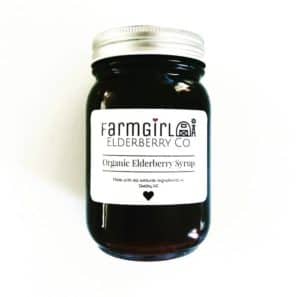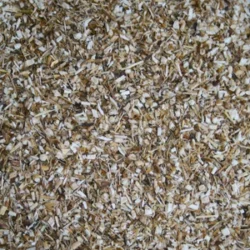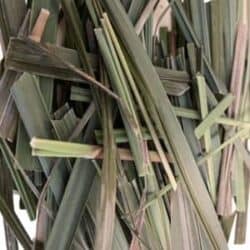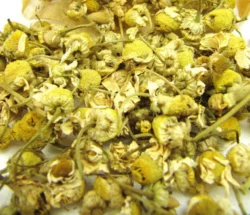7 Jamaican Herbal Teas For Colds, The Flu, And Sore Throats
Despite taking the all necessary precautions, you got sick. Now you want a natural remedy to help alleviate the discomfort.
Herbal teas are good for colds because they can help you stay hydrated, soothe your sore throat, relieve nasal congestion, and boost your immune system to help you feel better faster.
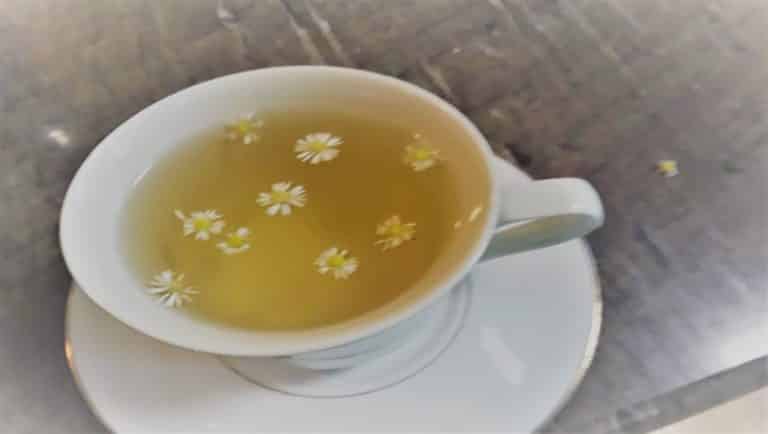
But there are so many types of herbal teas for colds to choose from. In this post we will discuss seven Jamaican teas for colds.
Disclosure: This page may contain affiliate links. And so if you buy a product after clicking a link on the page, I may receive a small commission. Thank you!
If you have a cold, we are sure you’ll find a brew from our list that suits your taste and helps you feel better.
1. Roselle Tea For Cold
Roselle tea which is commonly called hibiscus tea is one of the best teas for cold. Why is drinking Roselle tea good for colds?
Because the tea is packed with vitamin C. Vitamin C has been proven to be effective in helping shorten the duration of colds
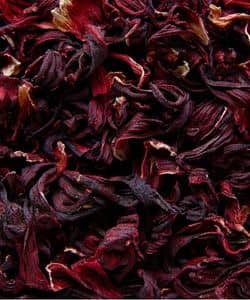
How it works
The body converts Carotene into Vitamin A. And Vitamin A provides immune boosting support to the body. A strong immune is important for fighting off infections like the common cold.
In addition to the benefits of Vitamin C, a cup of Roselle tea has Calcium, Iron and Vitamin A.
Go here to learn how to make Roselle at home >>
2. Elderberry Tea For Nasal Congestion
This is one of the most popular herbal teas forl colds. It is made fro of the elderberry plant which is proven to have antioxidants, and immune system support properties.
A cup of Eldeberry tea has contains Vitamins A, B6, and C. It also has Iron, and Potassium making it a good tea to drink when you feel sick with a cold.
Bring 3 or 4 cups of water to a boil in a large saucepan. Remove saucepan from the flames, add the berries {or flowers} cover and let steep for 10 to 15 minutes. Strain, sweeten to taste and serve.
What it does
One study reports that Elderberry tea is of the best teas for a cold and the flu.
Detween 1999 and 2000 researchers in Norway followed a group of sixty people who had flu-like symptoms like headache, fever and nasaal congestion for 48 hours or less.
Here’s what they found:
“Symptoms were relieved on average 4 days earlier and use of rescue medication was significantly less in those receiving elderberry extract compared with placebo.”
Source: SAGE Journals
Elderberry syrup is an easy and convenient way to make elderberry tea. Just add a couple tablespoons of syrup to two cups of boiling water. Stir and let simmer for 5 minutes. serve and enjoy.
3. Best Tea for the Flu
Licorice root tea is believed to be great tea for relieving discomforts that you get from the flu. Licorice root is proven to have antiviral properties rhat help reduce body ache and fatigue associated with influenza.
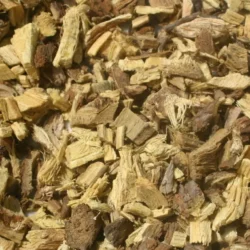
Starting at $11.75
Why it works
The teas antimicrobial properties that can also fight off upper respiratory infections so you breathe easier .
Licorice tea taste sweet with a slightly bitter undertone. Therefore, it is often used in combination with other herbs such as lemon and ginger when making tea.
4. Best Tea Runny Nose
Echinacea is one of the best teas for sore throat. Several studies relating to the efficacy of echinacea tea for cold relief, returned mixed results.
However, in one study, 95 people who reportedly had scratchy throats, runny nose and fever, took echinacea as soon as those symptoms started. The report states that those people felt better five days faster than people who did not take Echinacea.
How it works
Tests confirm that the upper sections of Echinacea of the plant tend to contain more of the substances with immune supporting properties.
So Echinacea flowers, stems, leaves are the parts of the plant that you should use to make tea to help fight the common cold.
5. Jamaican Fever Grass Tea
Fever Grass is the species of lemongrass that’s prevalent in the Caribbean. The Fever Grass tea is one of the most common herbal teas for cold, congestion and other flu-like symptoms on the Islands.
A cup of Jamaican Fever grass tea is a great source of vitamins and minerals. That’s because Fever grass has vitamins A, B and C, along minerals including Zinc, Folate, Potassium and Iron.
Why it works
So why does fever grass tea help releive cold symptoms? Fever grass contains a significant amount of zinc.
One recent trial found that taking zinc did not prevent users from getting a cold, it help lessen the symptons and shorten the length of their cold.
So, although Fever grass tea will not stop you from getting a cold, drinking Fever grass tea may for a cold may help you get well quicker.
Click the link to read more about Fever Grass tea >>
5. Best Tea For Sore Throat
Chamomile has been used for medicinal purposes since 500 BC. Today the beverage is still highly regarded as one of the best teas for colds. It is such a popular home remedy there’s an estimated one million cups of chamomile tea consumed everyday.
The tea infusion is used as a wash or gargle for inflammation of the mucous membranes of the mouth and throat. That’s one reason chamomile tea may be the best tea for a sore throat.
What it does
Researchers isolated mucilage, a bioactive from the chamomile plant.
Mucilage has a soothing effect on the respiratory tract. Therefore the compound which is present in chamomile tea can soothe the mucus membranes in the back of the throat to relieve your irritated sore throat.
7. Thyme Tea for Cough
Thyme is a common herb that is very effective for relieving coughs related to the common cold.
How to make thyme tea: You may have thyme at home or you can find it in your local grocery strore.
Simply place a few sprigs of thyme (1 teaspoon of dried leaves) in a cup and fill the cup with hot water. Let the tea steep for 5 minutes, then strain, and sweeten with honey. Your thyme tea is ready.
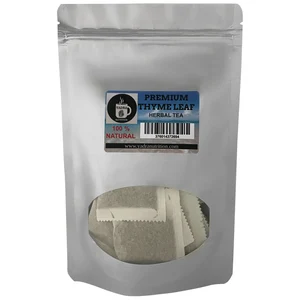
Starting at $9.99
How it works
Thymol and carvacol and and phenols in the herb. When yoy dirnk thyme tea that these natural compounds combine with others to break up mucus.
This makes it easy to cough up the mucus which leads to less coughing spells.
Summary: Best Teas for Colds
Colds are caused by viruses that infect the upper respiratory tract, and they can make you feel miserable for a week or more. And according to the CDC, adults in the U.S. get an average of two to three colds per year, and children get even more.
The watery eyes, runny nose, sore throat, cough, and headache can interfere with your daily activities and affect your mood. One way to find relief is to drink an herbal tea that’s good for a cold.
We listed five of the most popular herbal teas for cold symptoms relief.
The herbs used to make these teas have natural compounds in them that help to lessen the intensity and shorten time you remain sick.
However, always keep in mind that herbal remedies are not for everyone. Therefore, you should always check to make sure these herbal teas do not interact with any prescription or over the counter medication you take.
If you are pregnant or breastfeeding, the safest thing may be to avoid using these teas for cold treatment unless you talk with your doctor. And you may also want to be cautious about giving them to children and minors.
Disclaimer: This website is for informational purposes only. Nothing stated on the site should be viewed as medical advice. Please talk with a professional healthcare provider about matters relating to your medical care.

